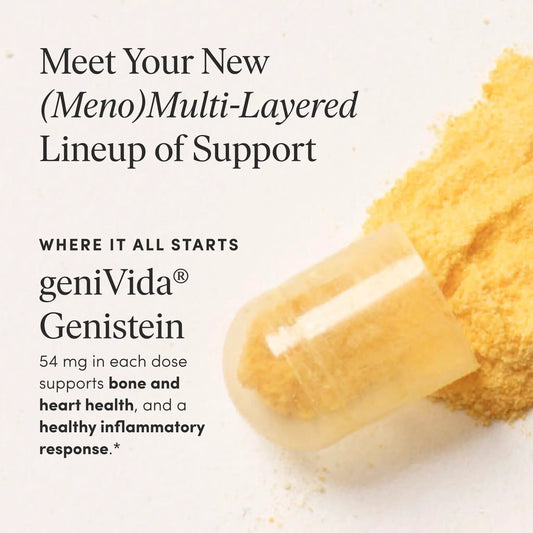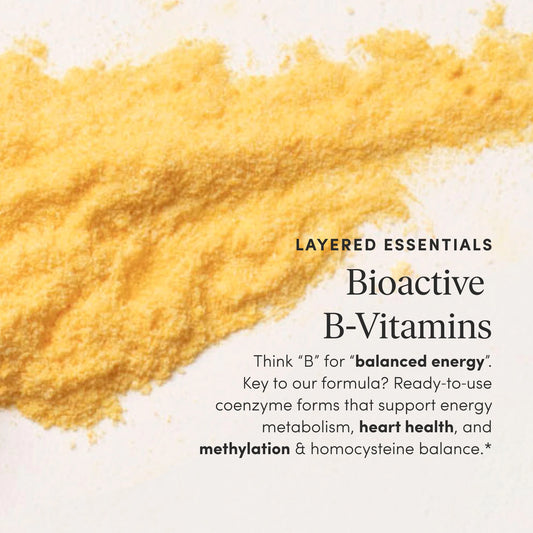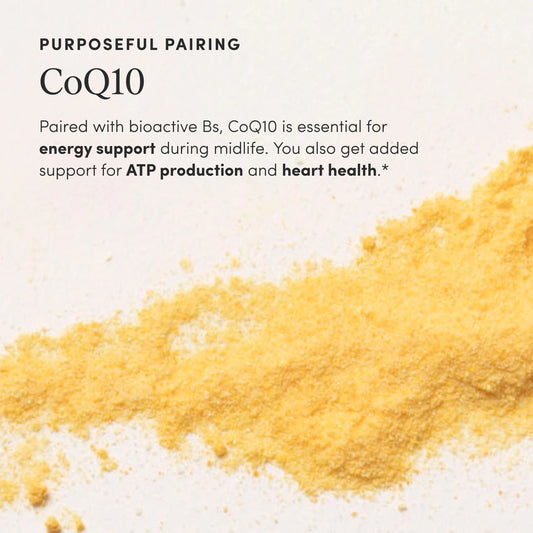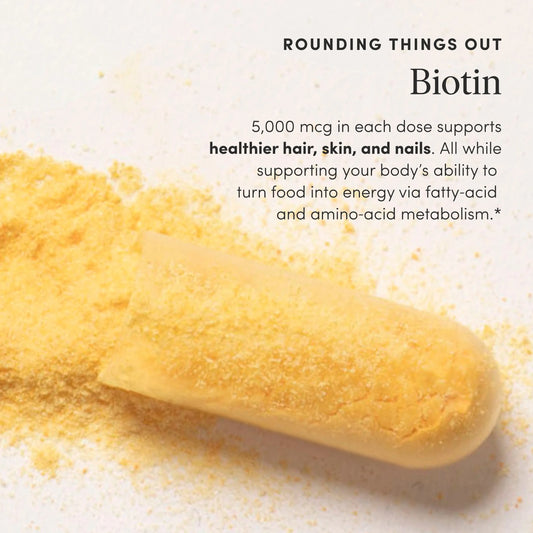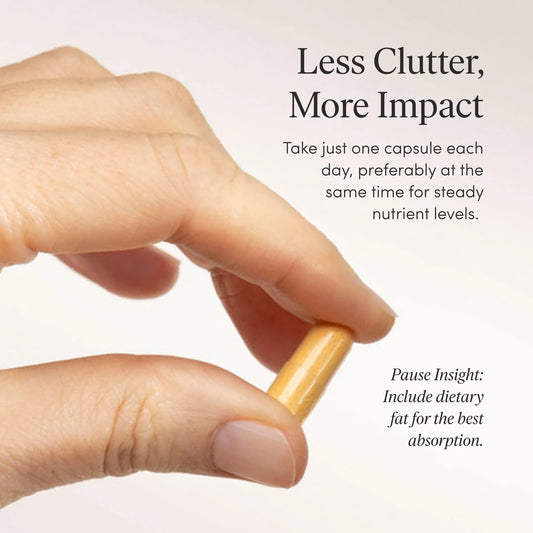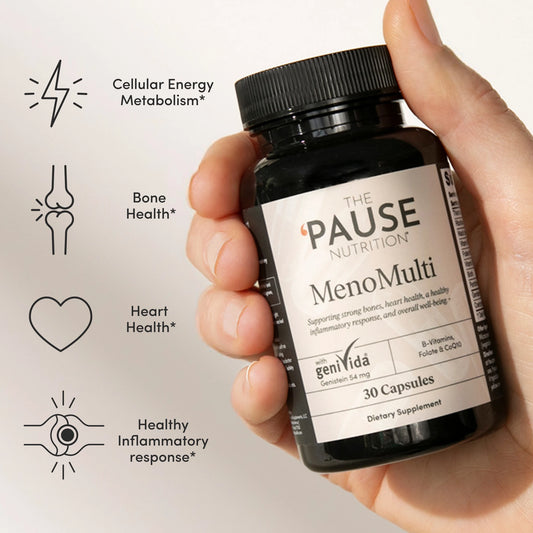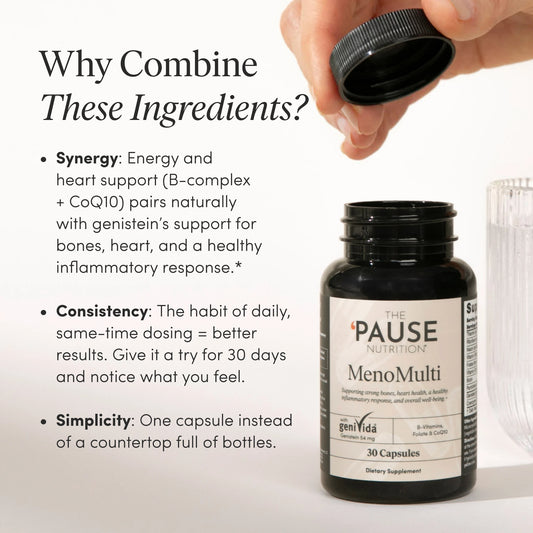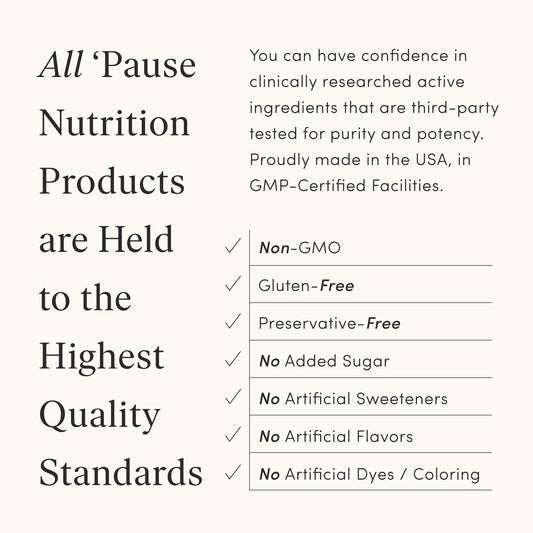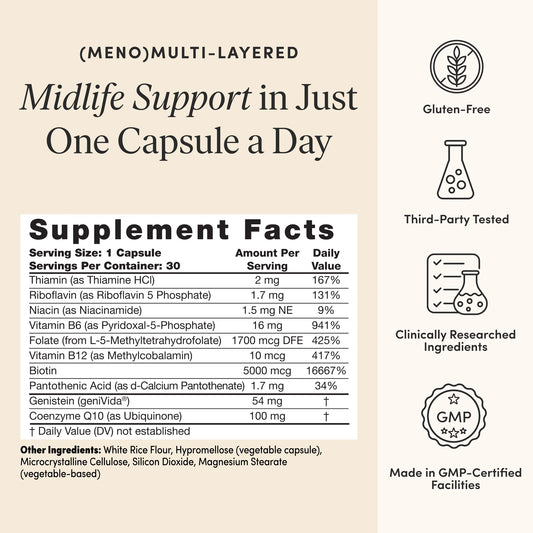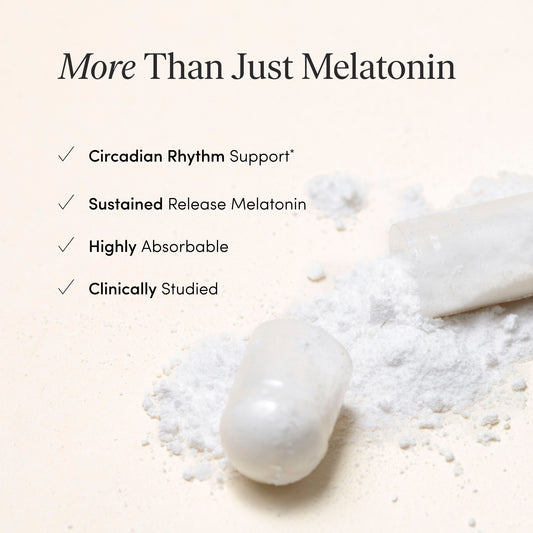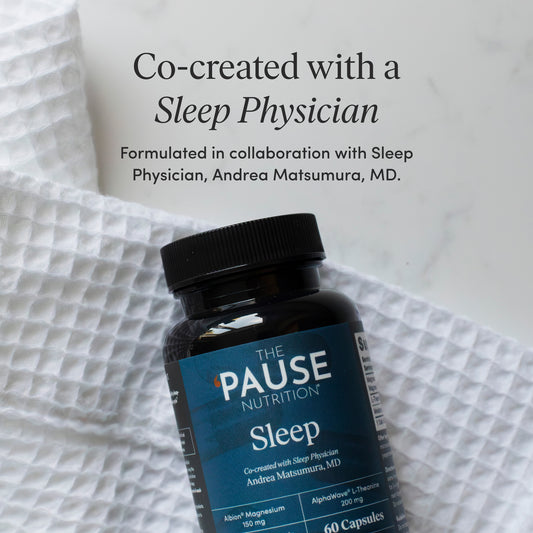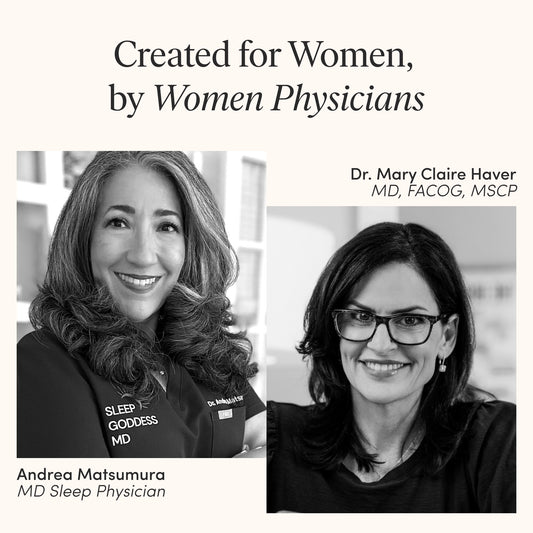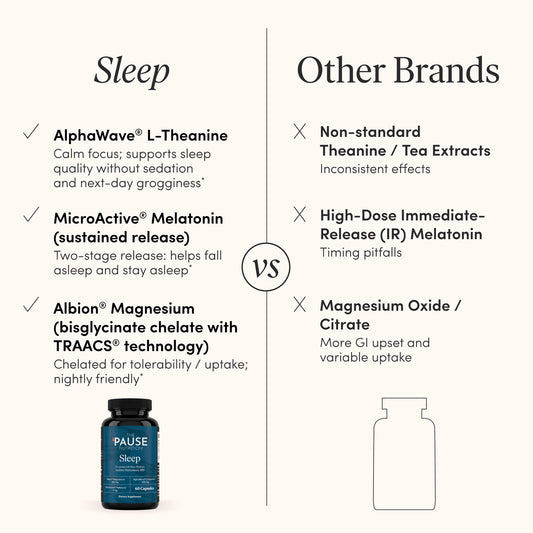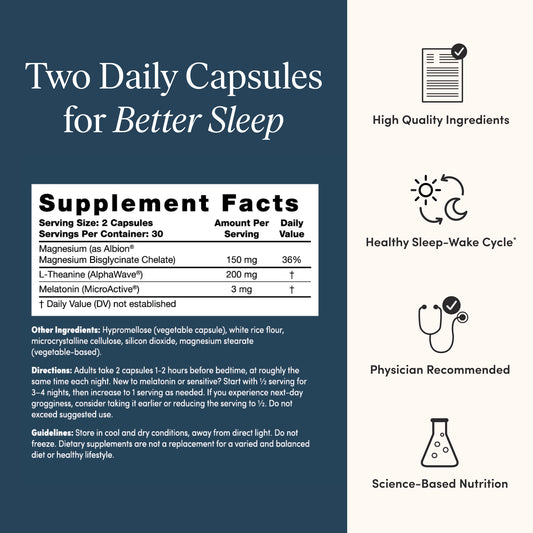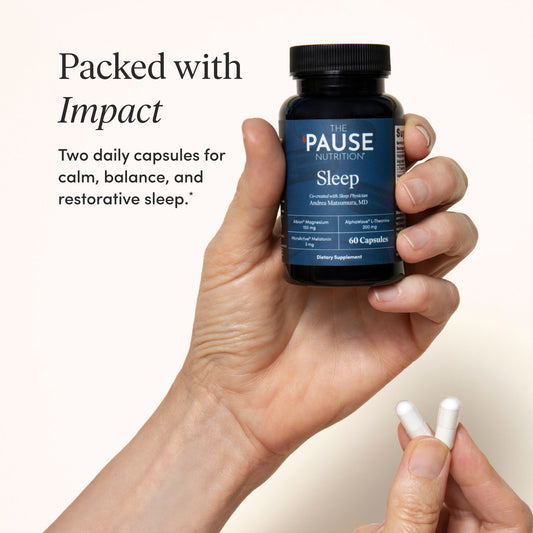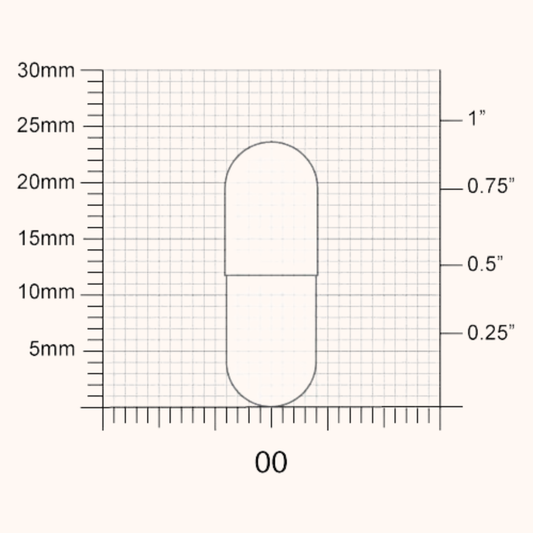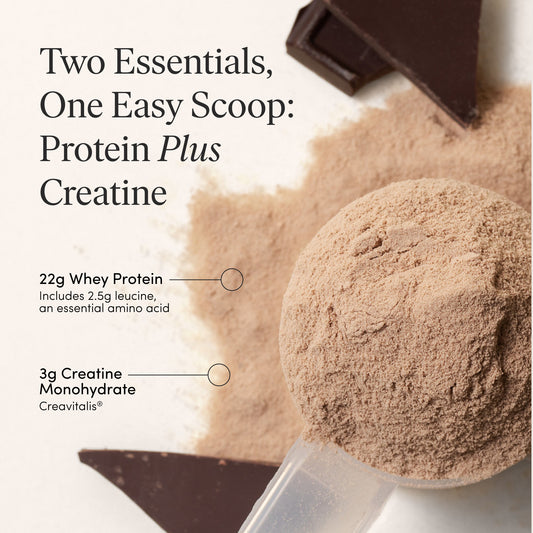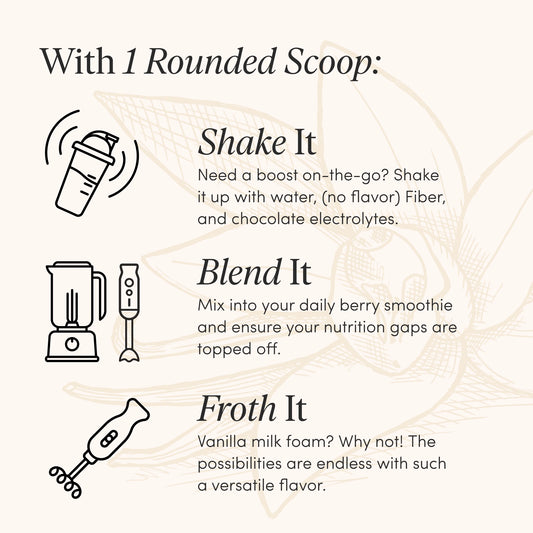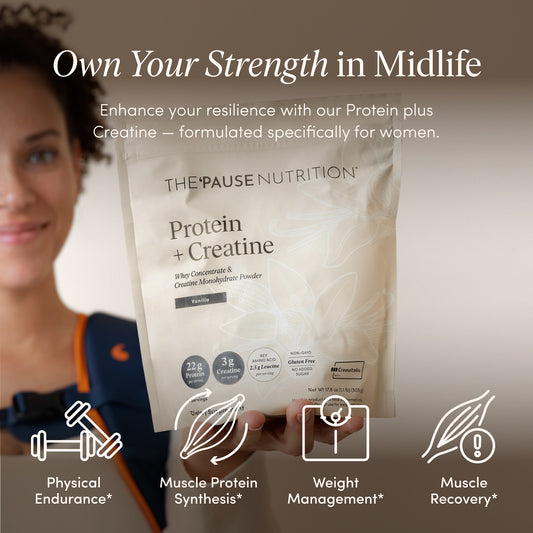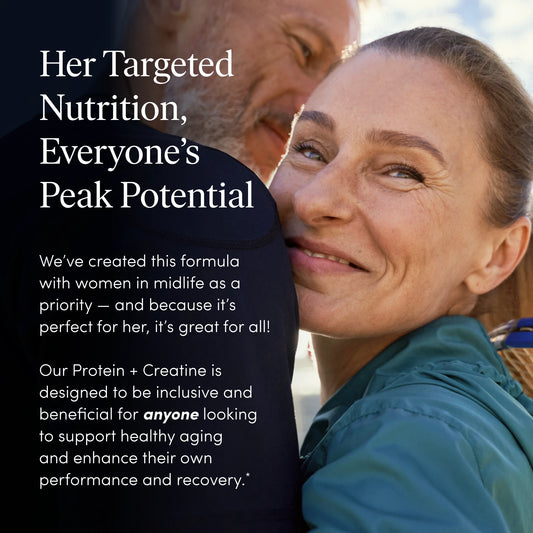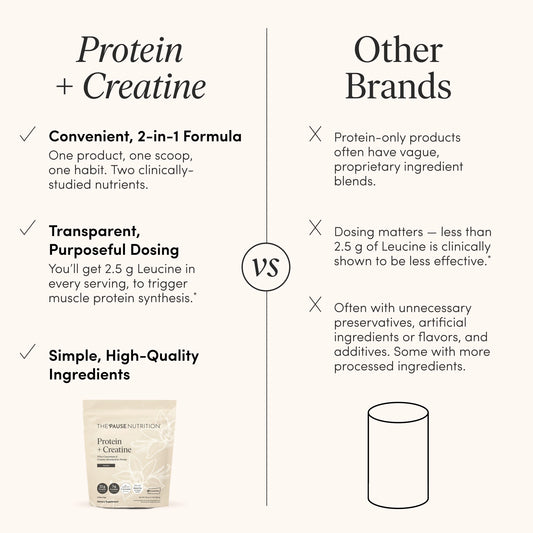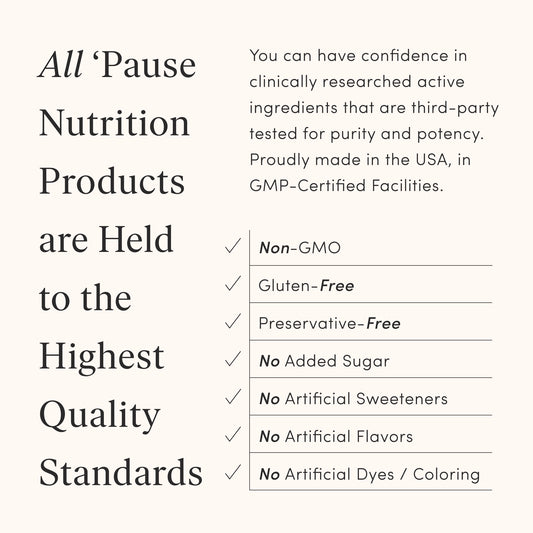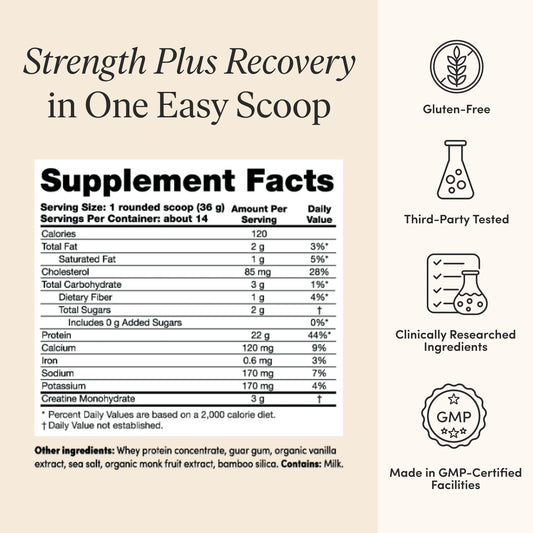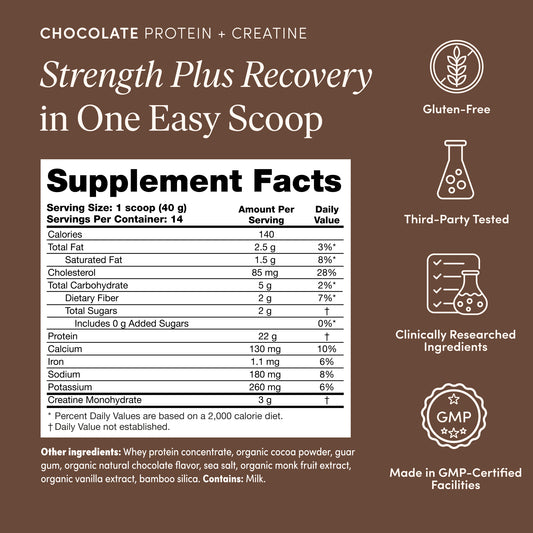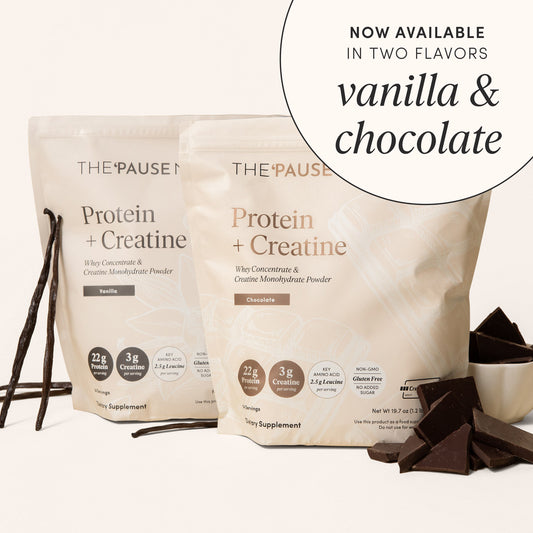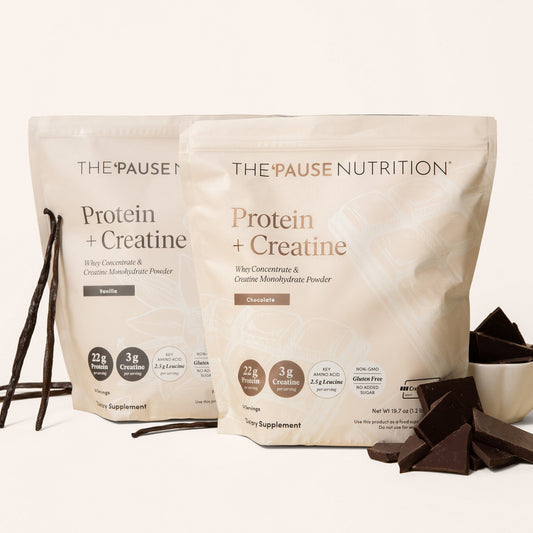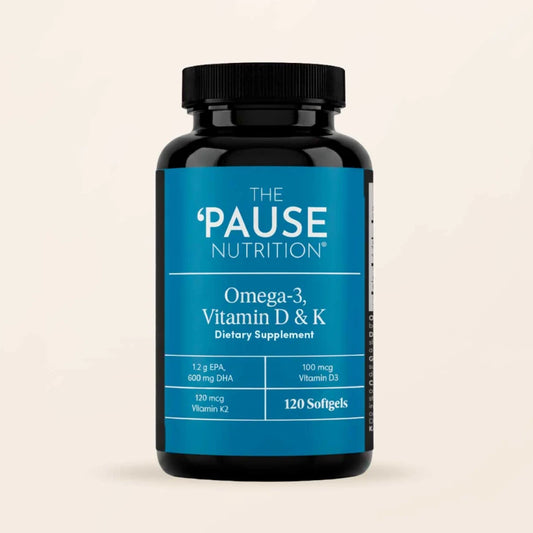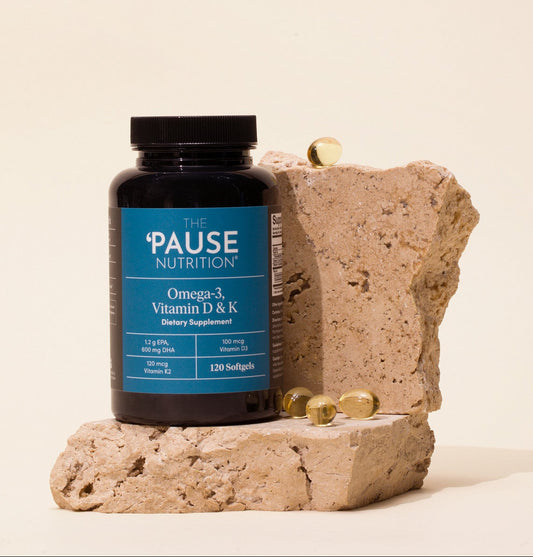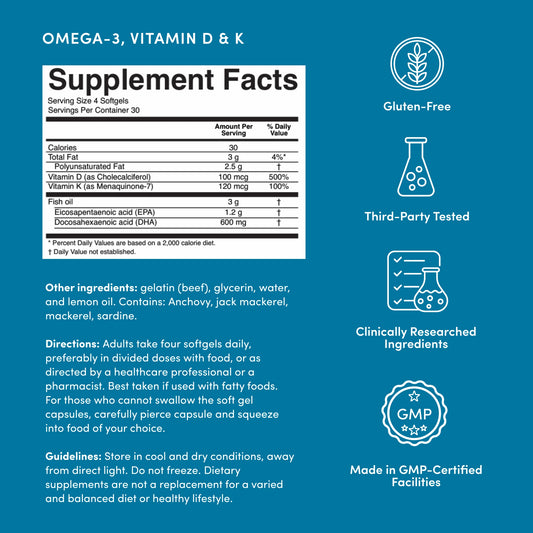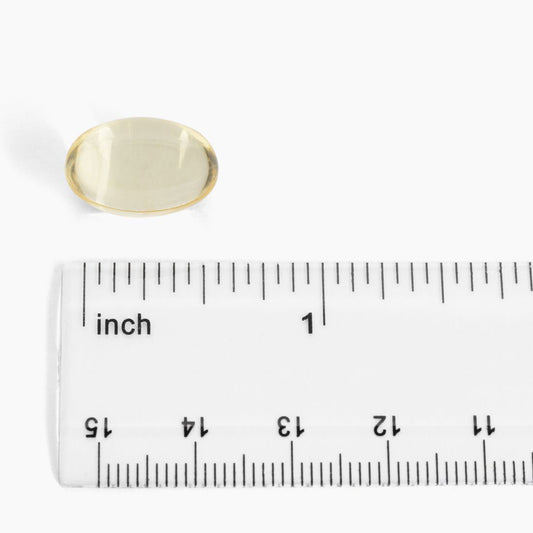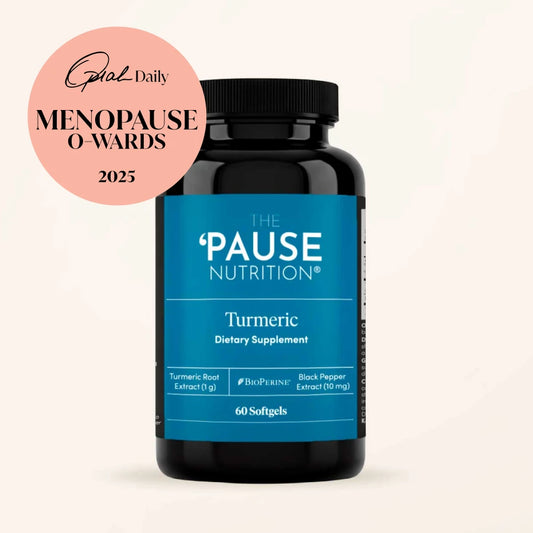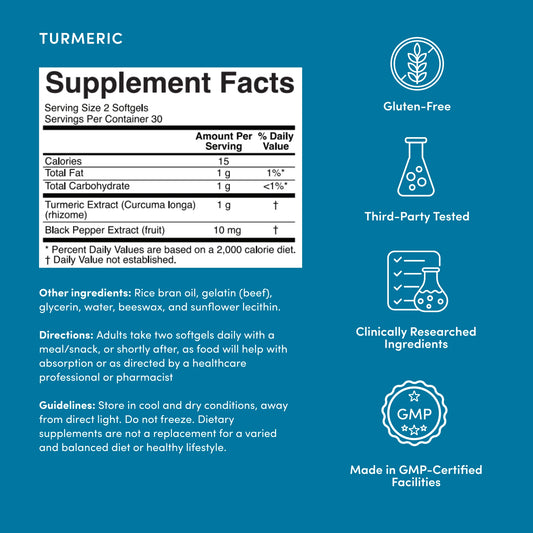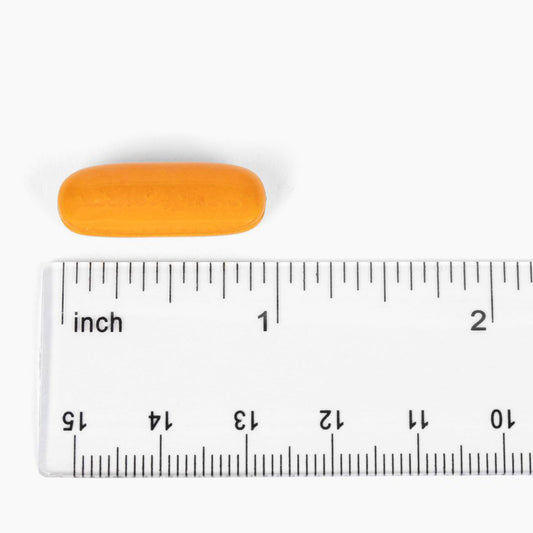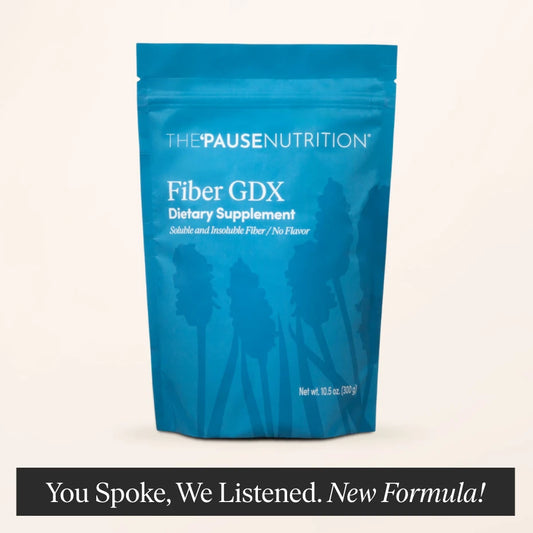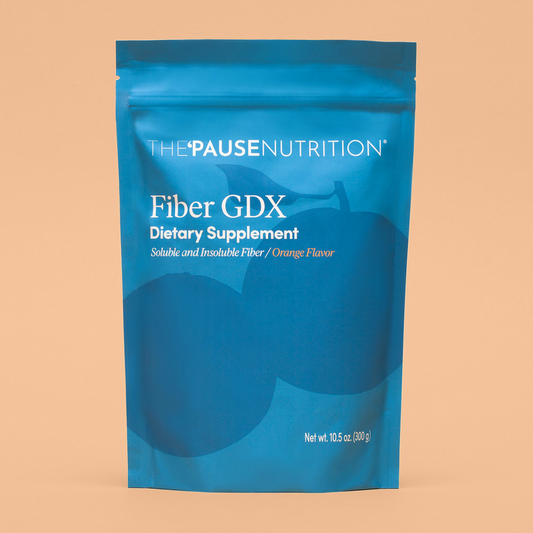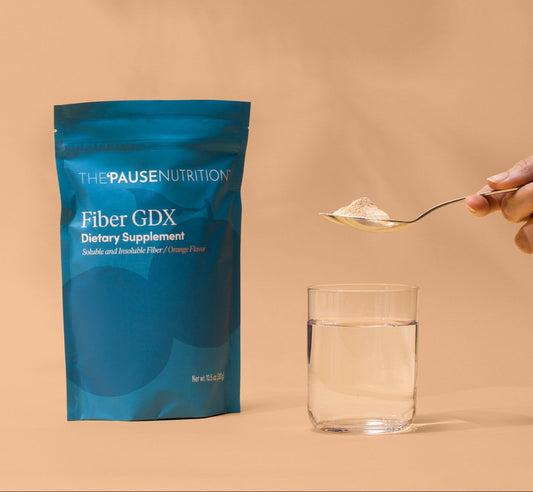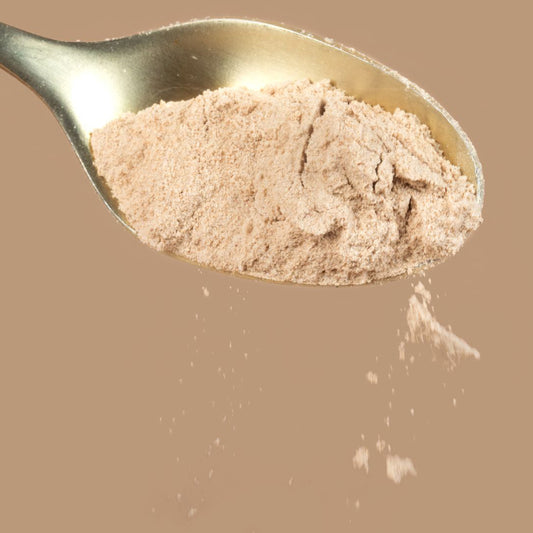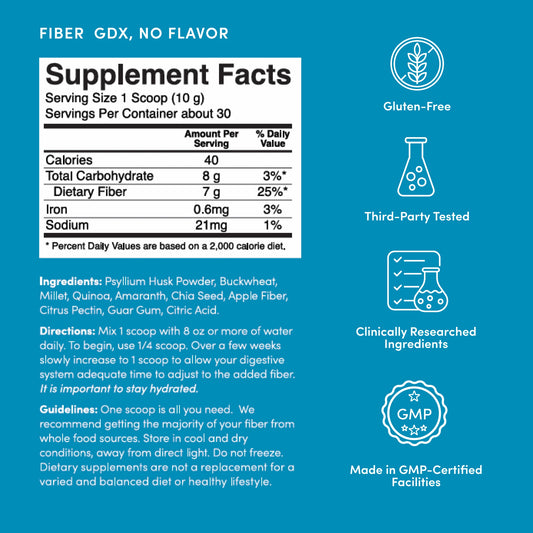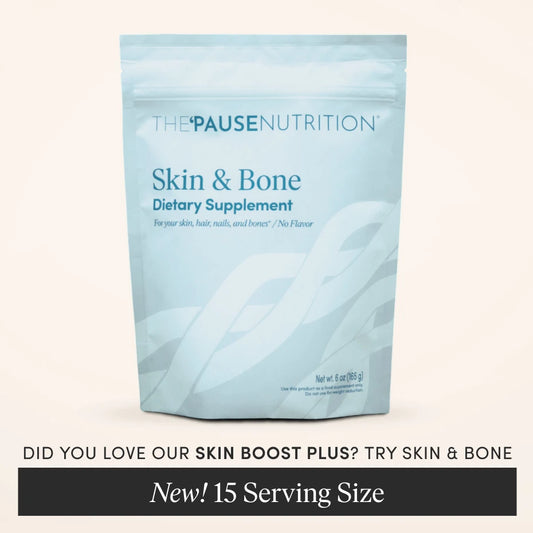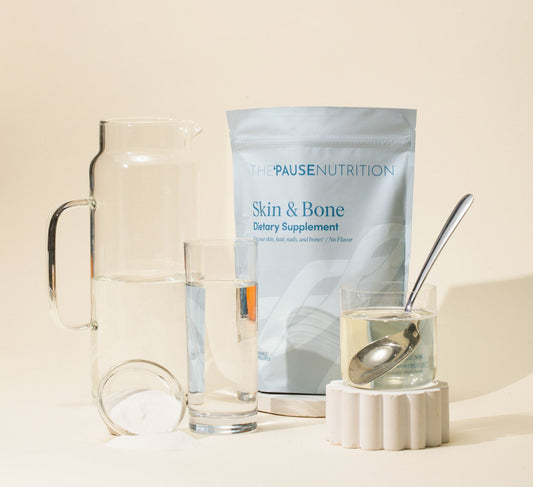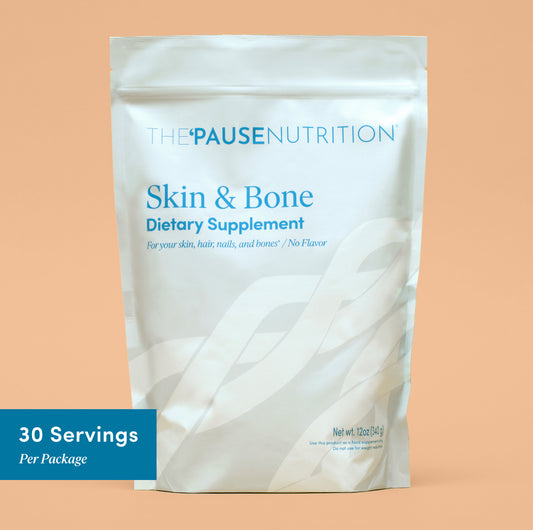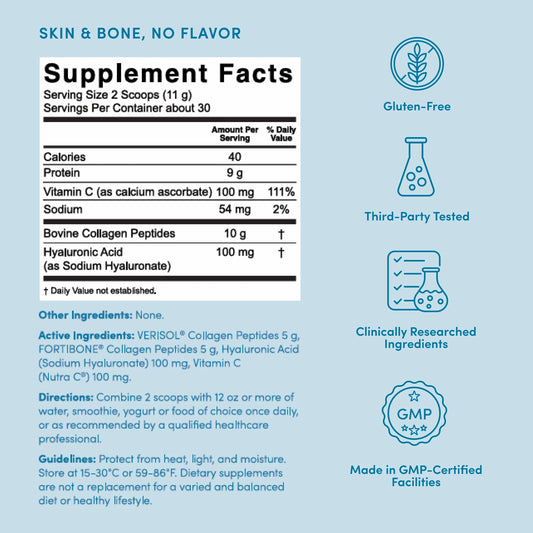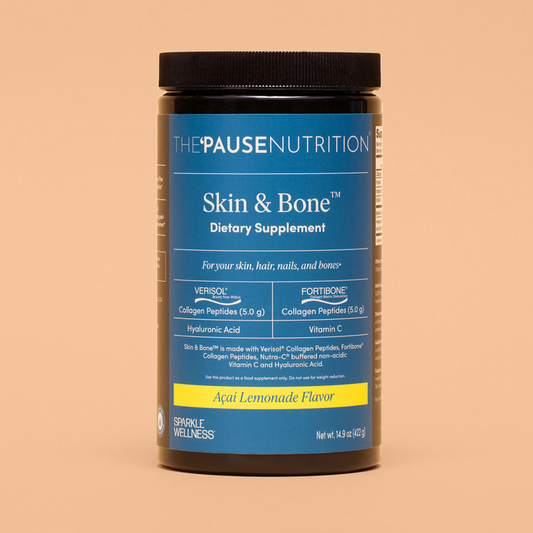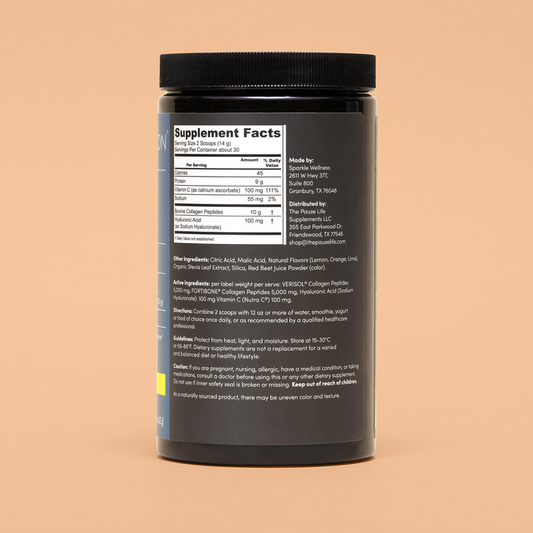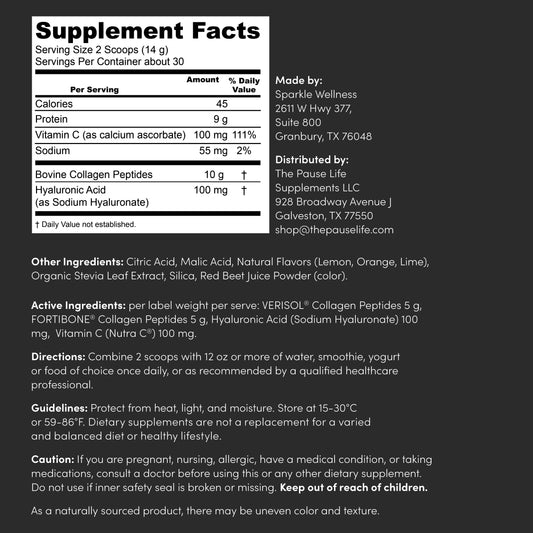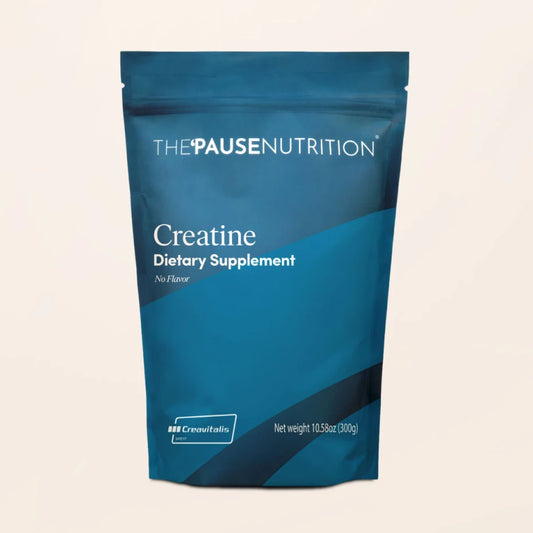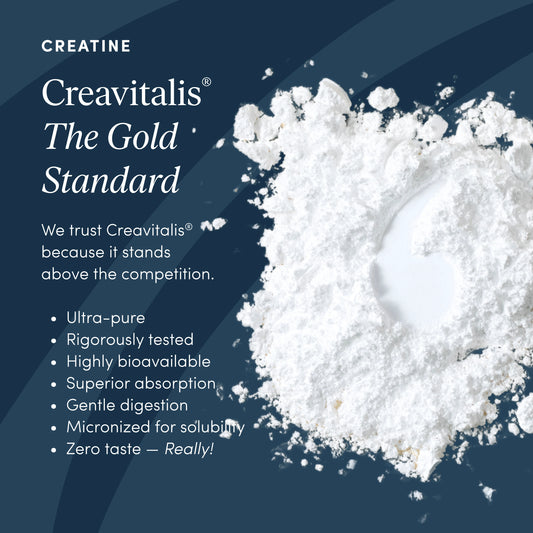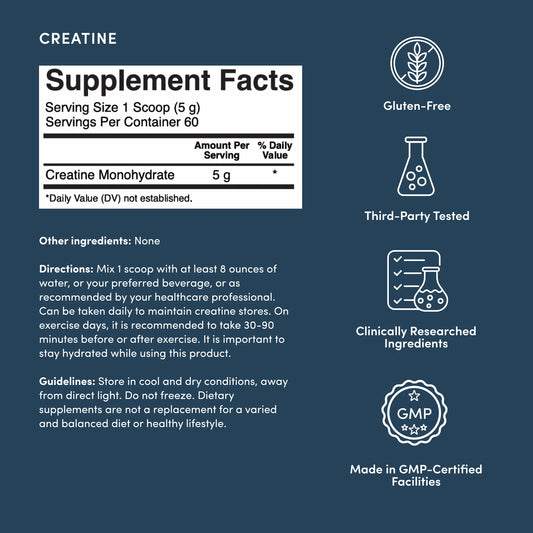Dry Eyes: A Common Menopause Problem
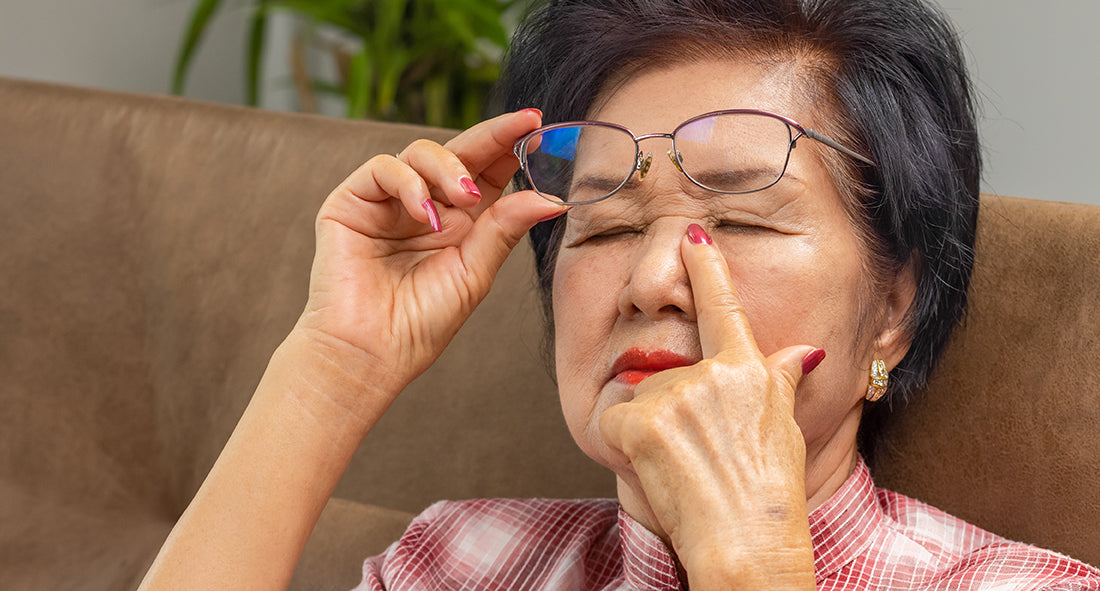
Share
I know that menopause can bring a whole host of challenges and one of the more irritating ones can be dry eyes. It's a common complaint among women going through this phase of life, and it's something we can definitely manage. Let’s dive into why this happens and what you can do to feel more comfortable.
What Causes Dry Eyes During Menopause?
You might be wondering, "Why do my eyes suddenly feel like sandpaper?" Well, it’s all thanks to those pesky hormonal changes. Estrogen, a hormone that plays a crucial role in keeping your body lubricated, starts to decline during menopause. This can lead to decreased tear production, resulting in dry, irritated eyes.
Not to get too technical, but there are some diseases and terms you might have heard thrown around if you’ve been to the doctor for dry eyes. The most common term used when talking about dry eyes is:
- Dry eye disease is a general term for when your eyes don't have enough tears.
A significant factor contributing to dry eye commonly experienced during menopause is the meibomian gland. These tiny oil glands at the edge of your eyelids produce an oily substance that helps prevent tears from evaporating. Estrogen plays a role in regulating these glands, and its decline during menopause can lead to changes in their function leading to dry, irritated eyes.
The Bother of Dry Eye Symptoms During Menopause
Dry eyes are commonly experienced during menopause when your tears can’t properly lubricate your eyes. This can happen due to decreased tear production or increased tear evaporation. Beyond the obvious discomfort, dry eye syndrome can significantly impact your quality of life. It can interfere with daily activities, making it difficult to focus on tasks that require visual concentration, such as reading, driving, or using electronic devices.
Dry eye symptoms can range from mild annoyance to significant discomfort. You might experience:
- Burning or itching sensation
- Feeling like something is in your eye
- Blurred vision
- Sensitivity to light
- Redness
- Difficulty wearing contact lenses
- Nighttime driving difficulties
- Watery eyes (a strange response to eye irritation)
These symptoms can make daily activities like reading, using the computer, or even watching TV uncomfortable.
Finding Relief: Helpful Options
The good news is there are several ways to manage dry eye symptoms. Here are some options:
Over-the-Counter Relief for Dry Eyes
Dry eyes can be uncomfortable, but there are several over-the-counter options to help manage symptoms.
- Artificial tears: Lubricating eye drops can provide immediate relief. Opt for preservative-free drops in individual vials to minimize irritation. Refresh is a popular choice.
- Warm compresses: Applying a warm compress to your eyes can stimulate tear production. Look for a compress designed for moist heat therapy, as it's more effective than traditional warm compresses. Remember, don't wash your eyelids after using a compress to preserve natural oils.
- Omega-3 fatty acids: These supplements may improve tear quality. I love it so much, I even made my own supplement!*
- Lid hygiene: Gently cleaning your eyelids (but make sure to do this before you use the warm compress) with a mild cleanser (lipid wash) can help unclog oil glands.
- Blink exercises: Consciously blinking throughout the day can help distribute tears evenly.
- Hydration: Drinking plenty of water supports overall hydration, including your eyes.
- Humidifiers: Adding moisture to the air can help reduce eye dryness. Use a humidifier in areas where you spend significant time.
Vitamins and Dry Eyes
Before you run to the store to stock up on the over-the-counter options to help with your dry eyes, you might want to think about vitamins. Did you know they play a role with dry eyes? Research suggests that certain vitamins are important for healthy eyes.
- Vitamin A helps protect the surface of your eye and makes tears.*
- Vitamin B is involved in nerve health, which can affect how your eyes feel.*
- Vitamin C and E are antioxidants that protect your eyes from damage.*
- Vitamin D may boost tear production.*
Studies show that people with low levels of these vitamins may be more likely to have dry eyes. While taking vitamin supplements might help some people with dry eyes, it's essential to talk to your healthcare provider before starting any new supplement, especially if you want to do a blood test to see if your levels are off. They can advise you on the best approach for your specific situation.*
When to See Your Doctor for Dry Eye
Sometimes the symptoms may be associated with a medical issue and professional intervention is necessary. Consider consulting your doctor if your symptoms persist or worsen.
- Prescription eye drops: Your doctor may prescribe stronger eye drops tailored to your specific needs.These can include:
-
- Steroid eye drops: These help to calm down inflammation in your eyes.
- Immunomodulating eye drops: These help your body regulate its immune response and can increase tear production.
- Hormone therapy: Hormone replacement therapy can sometimes help alleviate dry eye symptoms and improve meibomian gland function. Managing menopause will help to control hormone levels. This may reduce the severity of symptoms such as those affecting the eyes.
- If you haven’t tried this yet, maybe it is time to bring it up with your healthcare provider.
- But keep in mind, if you are starting hormone therapy now, it may take some time to notice an improvement in your dry eyes.
If your dry eye is really bad, your doctor might suggest some special treatments. These could include:
- Punctal plugs: These tiny devices can temporarily block tear drainage, helping to keep the eye moist.
- These plugs work by closing off tiny holes in your eyelids. This can help keep your tears from draining too quickly.
- Eyelid surgery: Sometimes, changes to your eyelids can help with dry eye.
- Special contact lenses: These lenses can provide extra moisture and comfort.
- Using your own blood serum as eye drops: This can help soothe and protect your eyes.
Remember, everyone's experience with menopause is different, and what works for one person might not work for another. But you do not have to suffer! I know dry eyes can be frustrating, but with the right approach, we can find relief.
If you’re experiencing persistent dry eye symptoms, don’t suffer through it. Try some of the steps I’ve outlined above. And if your dry eye symptoms are severe or not improving with over-the-counter treatments, it’s important to schedule a visit with your healthcare provider.














